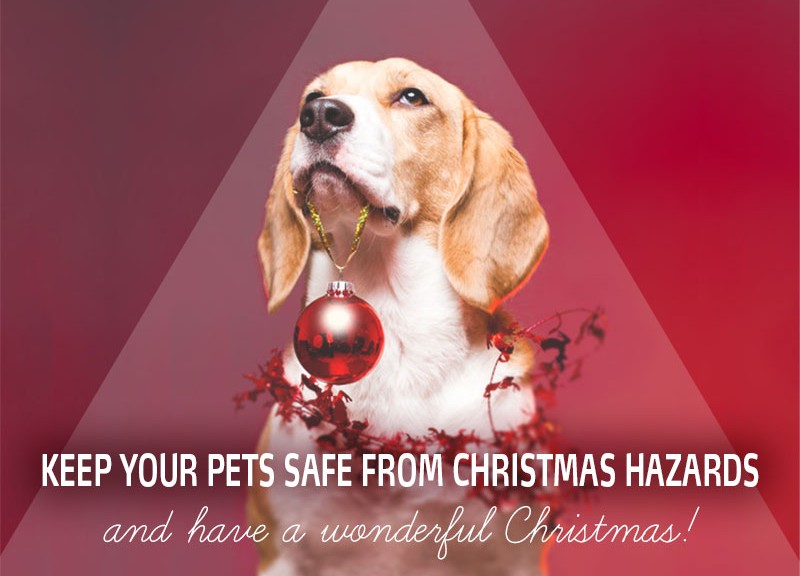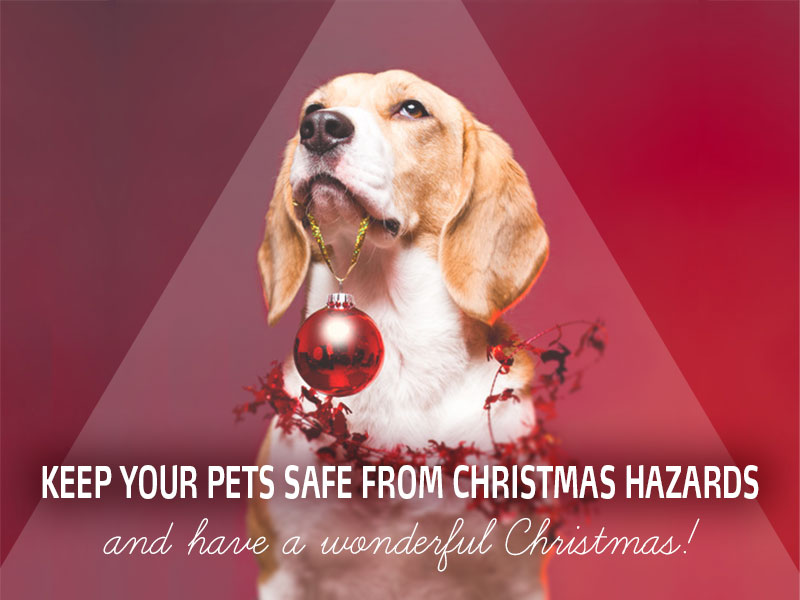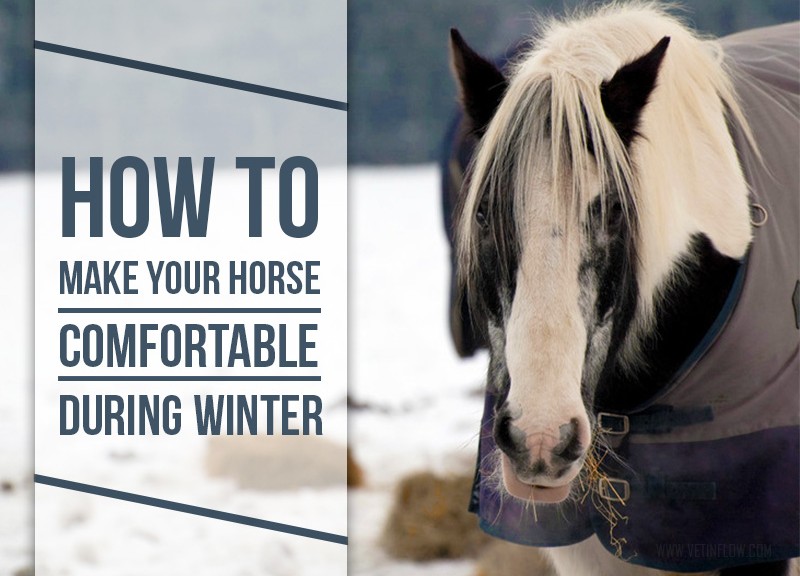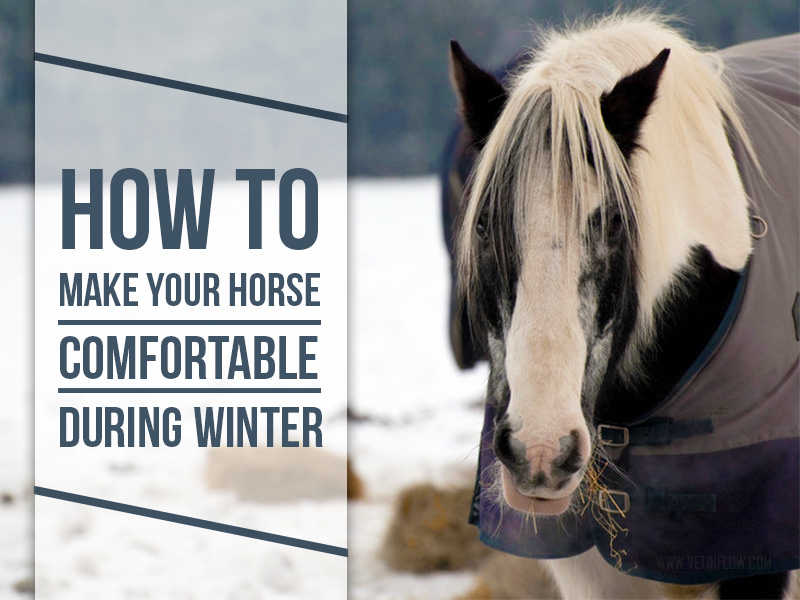Christmas is fast approaching and it’s very hard not to be excited with the upcoming events: days off work, sharing delicious meals with family and friends, gorgeous decorations and gifts!
During this time of the year our homes become filled with new items and this also has a considerable impact in our pet’s lives! This is why we wanted to remind all pet owners of the most common Christmas hazards in order to keep your pets safe during the festive season.
A big part of Christmas is the delicious food that loving pet owners often like to share with their pets. Unfortunately many of these foods can be dangerous for them. Chocolate is a great example of this and it seems to be everywhere at this time of the year. Chocolate contains a substance called theobromine that is toxic for our four-legged friends. Different types of chocolate contain different amounts of theobromine. As a general rule the more cocoa in the chocolate, the higher the levels of theobromine which means that dry cocoa powder, unsweetened (baking) chocolate and dark chocolates are the most dangerous for our pets.
It is also wise to keep any sweets, candies, cakes or biscuits away from them as many of these contain xylitol a sweetening agent that is poisonous, even if ingested in small amounts.
Owners should not feed their pets with Mince pies, Christmas cake and Christmas puddings as these common Christmas desserts are filled with raisins and sultanas, which are toxic for pets.
Other dangerous foods include onions, garlic, macadamia nuts which are also poisonous and leftovers from Christmas meals. The rich fatty foods of a Christmas dinner can cause digestive problems (vomiting, diarrhoea) and these foods also contribute to the onset of pancreatitis. It is also recommended to be careful with turkey bones as they can become lodged in a pet’s throat, cause constipation and in some cases it can even cause damage to their bowls.
Christmas decorations can also be dangerous if playful pets decide to chew or swallow them. Ornaments and small toys can cause bowl obstructions if ingested, plants typical of this season such as Poinsettia, lilies, holly and mistletoe are poisonous and it is not uncommon for pets to chew the electric cords from Christmas tree lights.
We hope that you have an accident-free, happy and joyful Christmas!
Would you like to know more about cats and dogs? Check our Feline and Canine Courses:



